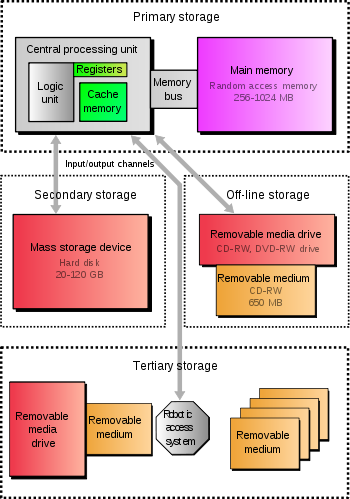
With each passing day each of us becomes a little more dependent on our computer devices and the precious data held within. It does not matter whether you make use of computers for business or pleasure you data is important, period.
Below are a few useful tips that will help you to ensure the safety of your data:
Frequently back up your Data
Yes, its a no-brainer, but this happens to be among the most vital computer activities you can engage in. Unlike antique furniture, the computer you are using is an electronic device that is not built to last. You could end up losing your data for good in the event that your hard drive dies or your motherboard blows, or you accidentally overwrite the data after deleting it. (in most cases deleted data can be recovered, but not if its overwritten)
The most effective way to ensure the safety of your data is to have a separate copies in a second storage device, like in an external hard drive or flash drive. It is always advisable to keep two copies. We feel the flash drive is the superior way to go, since a few of us have accidentally put them through a laundry and dryer cycle, only to still have them work.
Be On The Lookout
There are a number of criminals on the Internet who make attempts to trick you out of your data by getting you to upload your confidential information on the internet. Sometimes, it will be an email from a fake IRS agent asking you to confirm your info, or it may a virus that installs itself on your computer when you click a pop-up ad.
In most cases you need to confirm that the site is what it claims to be (but not by following links that are emailed). A number of criminals make use of similar domain names in attempt to trick unsuspecting people. For instance, criminals may use the site, yourbankname.com, to trick customers who bank online with online banking site into giving them their account information. Be on the look out to ensure your safety.
Be Aware of Your Downloads
It is also very important that you avoid installing programs whose certificates are not trusted or that you are unsure of. Often, viruses hide in other programs. You could try to download a free copy of open office from a website, only to have a surprise Trojan horse installed on your computer along with it. That’s why its always better to download from the original source and link.
Ensure the Safety of Your Password
Avoid letting other people knowing your Internet passwords and use passwords that are not easy to guess. It is very easy for any person to steal all your information provided that they have all your passwords. As well, consider the use of anti-keylogger software.
Utilize Protective Measures
Computer security programs, spyware detectors and virus scanners are very vital. Two of the best free versions are AVG and Avast. Ensure that you have one installed and that you frequently update and run it A lot of these programs are created differently and a number of them result in more problems than they are worth. Most of the paid versions allow you try them first, so you can see if they slow your computer too much.
Even the best antivirus is not enough to protect some information. If you have Data like this, it may be a good idea to store it on a separate computer that does not connect to the Internet….ever.
For more on computer security visit our E-Store.